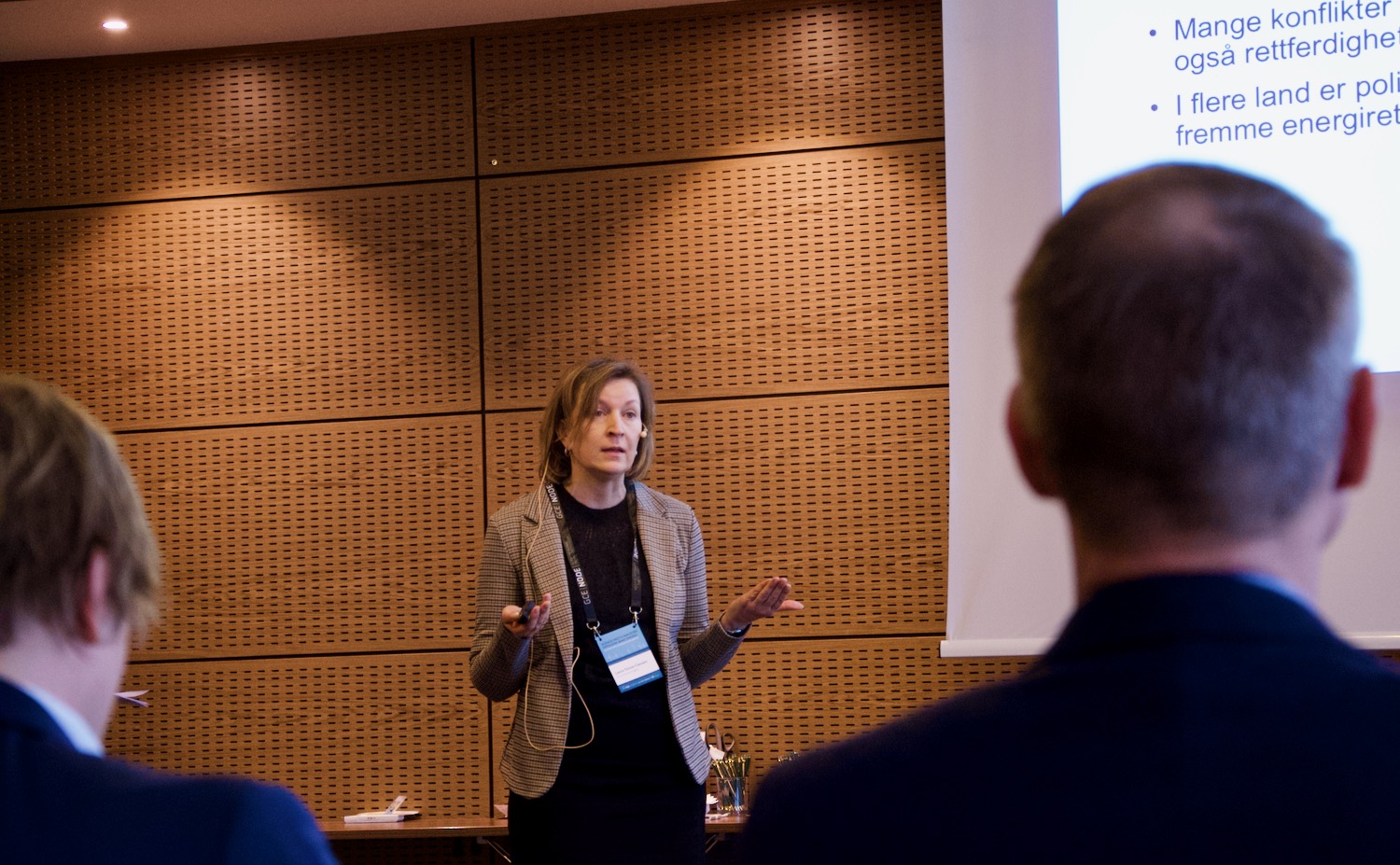Offshore wind is less controversial than onshore wind. Still, the industry should expect to meet public opposition and be prepared to tackle it.
“There is a lot to learn from how offshore wind developers in other European regions have dealt with concerns and opposition from local communities. If done right, you can win people over,” said Laura Tolnov Clausen, Associate Professor at the Department of Global Development and Planning at the University of Agder.
She gave a presentation at the “Science Meets Industry: Offshore Wind”-conference in Grimstad, where 80 industry and academic people met to discuss the development of Norwegian offshore wind, and to learn from other nations that are steps ahead.
“Internationally, there is plenty of evidence that any opposition against wind turbines does not go away just because turbines are built offshore. As a wind power operator, you could hope for an “out-of-sight, out-of-mind”-attitude, but this is not the case,” says Clausen.
The predominant reason is that the development of offshore wind acreage has great consequences for the development of land areas. Historically, wind developers have paid great attention to finding the right technology and to ensuring profitability in projects but paid less attention to the onshore development that follows.
“It is important to have a broader picture of value creation, which also includes the geographical area affected by the industrial development offshore. Host regions should gain benefits. This is how the term ‘energy justice’ was coined,” said Clausen.
She gave two examples of how offshore wind developers turned local opposition to local support.
“In England, Vattenfall found local support after launching a 15-million-pound fund for development of local communities and after scaling down onshore infrastructure. Also in England, Ørsted sought cooperation with local universities to qualify former fishermen for working in the offshore wind sector. There are lessons to be learnt as we start the development of Norwegian acreage,” said Clausen.



